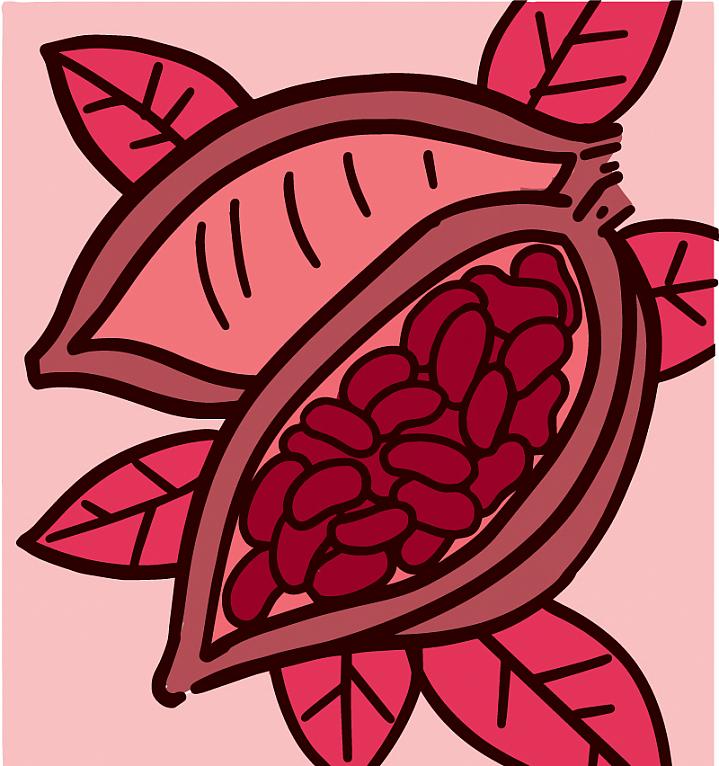Chocolate Health Claims
Sweet Truth or Bitter Reality?

Love chocolate? Most of us do. It’s a delicious treat. Or a quick pick-me-up after a long day. You may have heard that dark chocolate has health benefits. But is that true or just wishful thinking?
Small studies suggest that cocoa, an ingredient in chocolate, may have health benefits. It’s possible that certain nutrients in cocoa could improve heart health and boost brain function, especially in older adults.
Researchers think this may be due to compounds called flavanols. Cocoa beans contain high levels of flavanols. The beans are dried and roasted to make the cocoa powder used in chocolate. Dark chocolate contains more cocoa and flavanols than other types of chocolate. Flavanols are also found in tea, red wine, apples, and berries.
The evidence linking cocoa beans and heart health has interesting origins. Much of it is based on studies of the Kuna people, who live on islands off the coast of Panama. They consume a lot of cocoa.
“They pull cocoa beans off the tree, they grind them up, and they basically make a hot chocolate,” explains Dr. Laura Baker, an expert in aging at Wake Forest University. “And they treat that like their water, drinking many, many cups per day.”
Scientists discovered that the Kuna people had much lower rates of heart disease, even compared to people in the same region. This sparked interest in the health properties of cocoa beans.
Today, researchers are studying whether concentrated doses of cocoa flavanols can improve health. Thousands of participants are involved in studies of how cocoa supplements affect everything from eye disease to heart health, cancer risk, and cognitiveRelated to the ability to think, learn, and remember. abilities.
Cocoa flavanols are believed to improve heart function and blood flow, so scientist think they may also benefit the tiny blood vessels in the brain. Baker is studying whether cocoa supplements can prevent cognitive decline in older adults. She’s examining their impacts on short-term memory, focus, and overall brain function.
More than 2,000 older adults have participated in the three-year study. But it’s too soon to tell whether cocoa supplements are beneficial for brain health. The study is still ongoing.
“If it works, there are no side effects for cocoa flavanols,” Baker notes. “So imagine, if this works for both heart health and cognition—or just one—this would be a very simple supplement that people could add to their diet.”
But you won’t get nearly the same amount of cocoa flavanols in that chocolate bar—even if it is dark chocolate.
“The cocoa supplements are way more potent than the darkest of the dark chocolate bars,” Baker says. Eating chocolate just isn’t the same, she explains.
And there’s more bitter news. Because of the added sugar and cocoa butter, chocolate contains a lot of calories and saturated fat. So it’s best to enjoy those Valentine’s Day chocolates in small amounts, as part of a balanced diet.
For tips on enjoying chocolate, see the Wise Choices box.
NIH Office of Communications and Public Liaison
Building 31, Room 5B52
Bethesda, MD 20892-2094
nihnewsinhealth@od.nih.gov
Tel: 301-451-8224
Editor: Harrison Wein, Ph.D.
Managing Editor: Tianna Hicklin, Ph.D.
Illustrator: Alan Defibaugh
Attention Editors: Reprint our articles and illustrations in your own publication. Our material is not copyrighted. Please acknowledge NIH News in Health as the source and send us a copy.
For more consumer health news and information, visit health.nih.gov.
For wellness toolkits, visit www.nih.gov/wellnesstoolkits.



